
Musical Readings on a Broken World
The upcoming premiere by Red Vespa of Lisa Neher’s composition, Upon a Broken World, acknowledges what we have endured these past few years.
There is no historical or geographical limit on what can be covered. There is no restriction on the style or genre of song or singing.
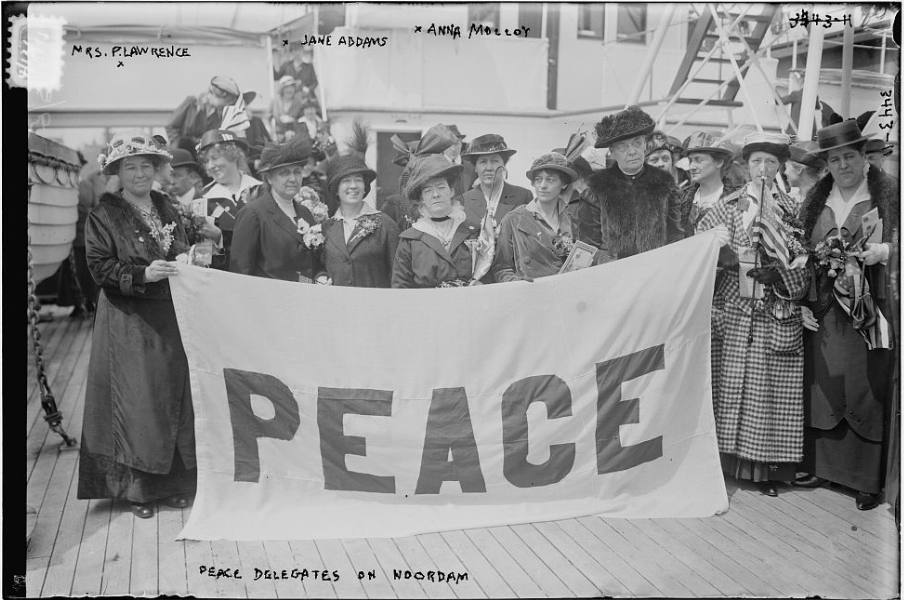
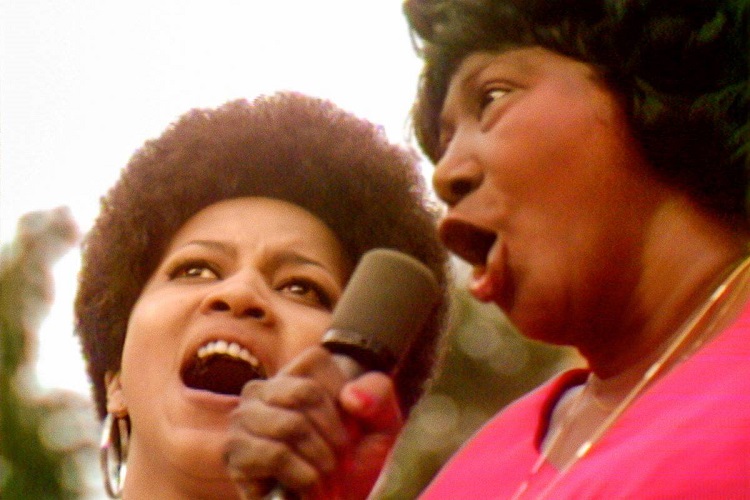

The upcoming premiere by Red Vespa of Lisa Neher’s composition, Upon a Broken World, acknowledges what we have endured these past few years.

One year ago one of Serbia’s most distinguished musical voices, Isidora Žebeljan, died. Here are three glimpses of what we have lost.
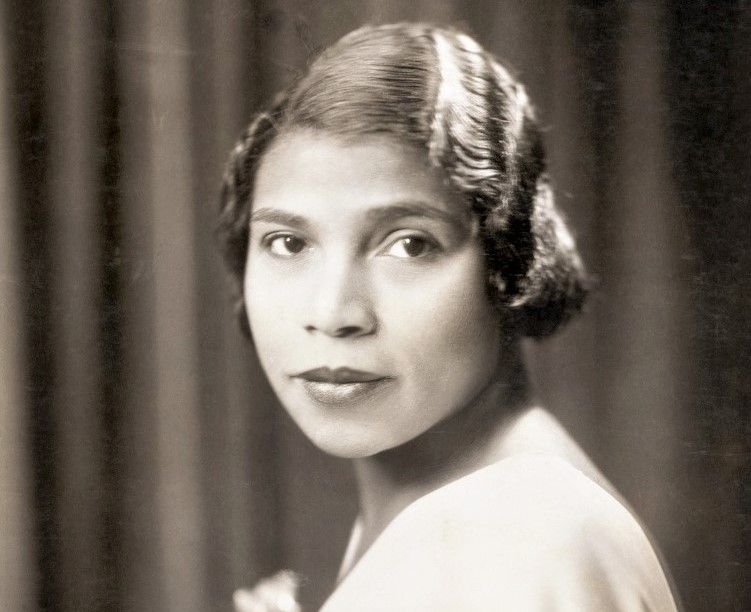
Announcing “Beyond the Music: Marian Anderson—Her Complete RCA Victor Recordings”
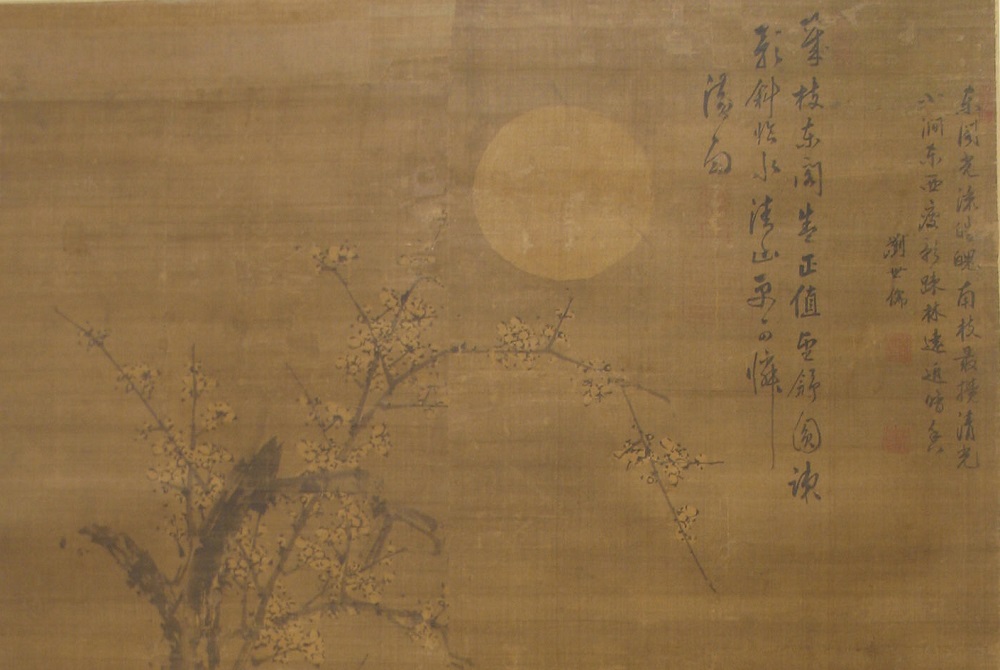
Chen Yi’s special affection for the voice of mezzo soprano shaped her composition Bright Moonlight (2001), composed in the dim light of a trans-Pacific flight.
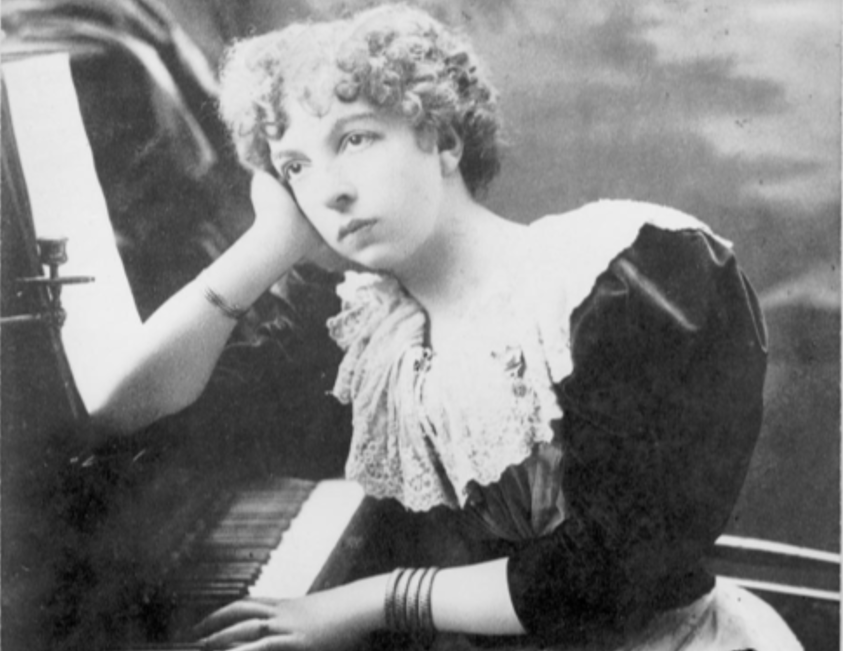
Michele Aichele discusses how, nearly 25 years after it was published, Chaminade’s ‘L’Anneau d’argent’ (‘The Silver Ring’) inspired a novel, Frank Adams’s ‘Molly and I.’
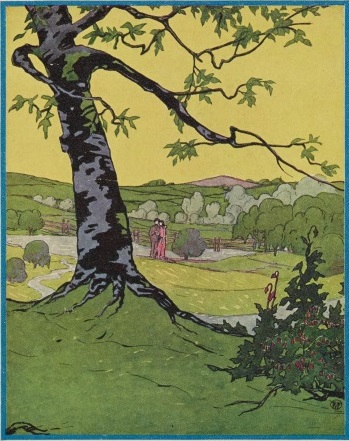
A newly updated database of songs composed between 1890 and 1930 by women in English speaking countries has reached almost 24,800 entries by 5148 women.
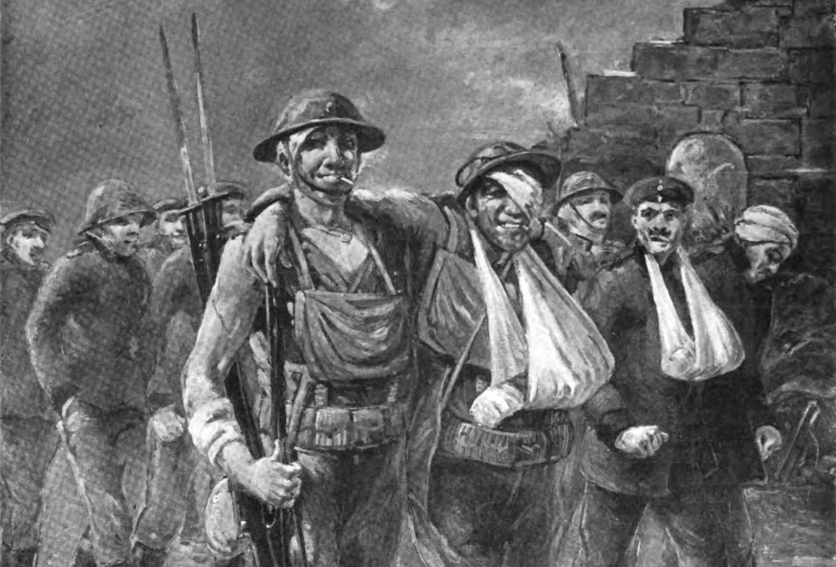
During WWI, no song was more beloved of Allied troops, no song was more ingrained in the popular cultures of the U.S. and U.K.
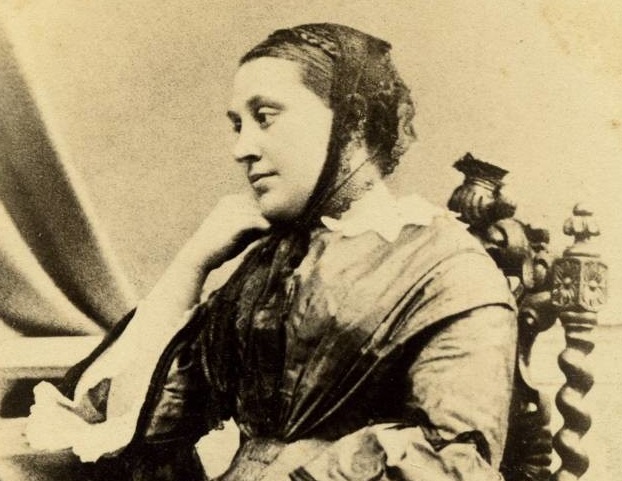
Marie Hinrichs’s single published opus – composed when she was eighteen – proves that sometimes the most affecting music is also the most unassuming.
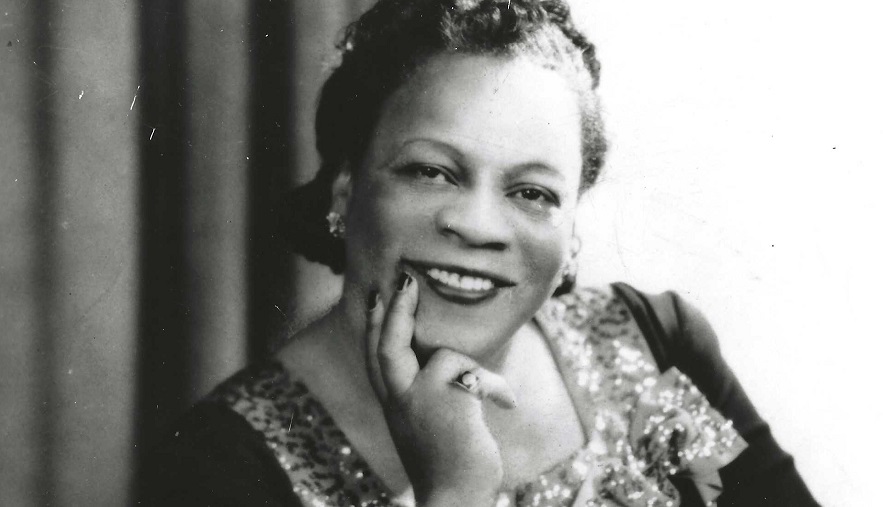
Dawson founded the National Negro Opera Company, and brought this all-Black company to perform at New York’s Metropolitan Opera, even before Marian Anderson sang there.

Weaving songs without words: the motions of the loom are processed through Max and used to control the synthesizer in conjunction with the weaving pattern.